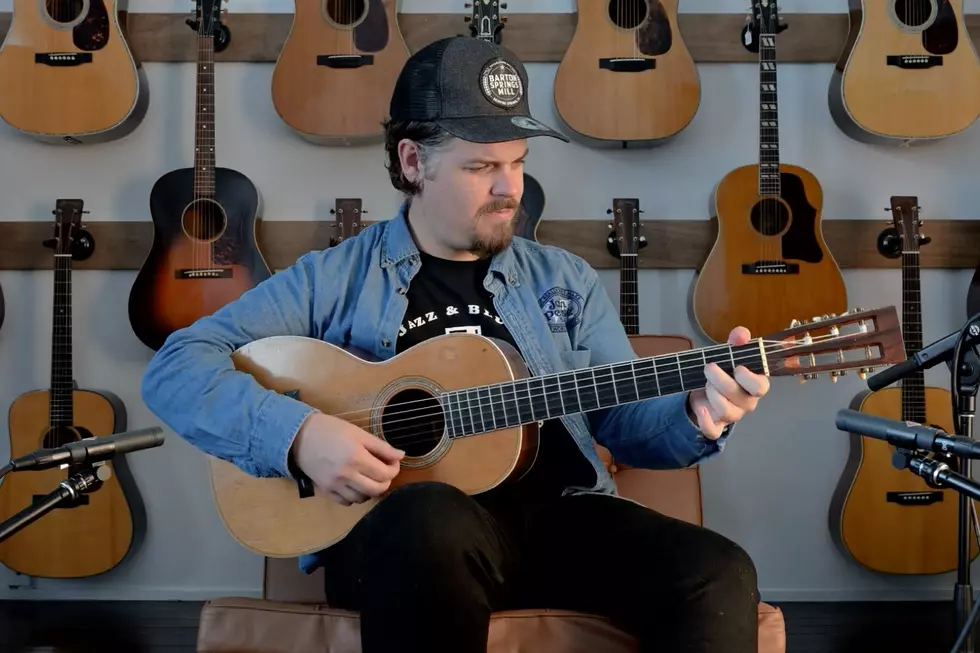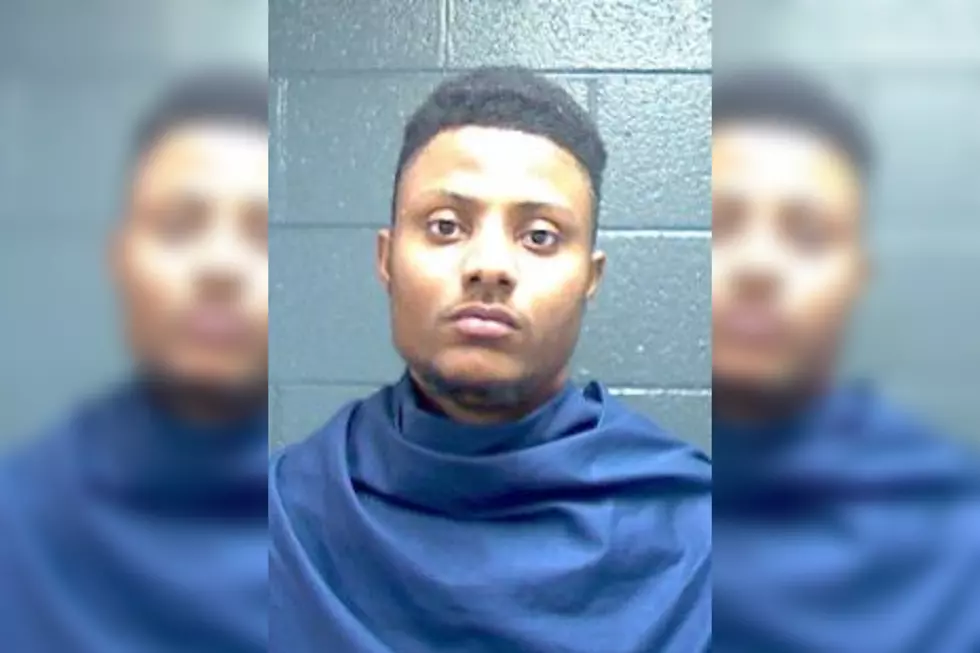
The Great Reset Aims to End Private Property and Subsequently Liberty
This article is an opinion piece from Bill Lockwood. Catch American Liberty with Bill Lockwood weekly at 11 a.m. Saturdays on NewsTalk 1290.

Klaus Schwab, the chairman of the World Economic Forum (WEF), has announced that his world body, together with the United Nations and other associated global organizations, have already turned the switch on “The Great Reset.”
The Great Reset is a “fundamental transformation” of society whereby all aspects of societies and lives will be shifted and revamped — education, identity systems, payments, banking, food supplies, medical access, technology, media, advertising, and more. In short, our entire economic system will be altered forever including private ownership of property.
In the 2016, the World Economic Forum predicted that by 2030 people would “own nothing.” Even our thinking and behavior must make a dramatic shift. No ownership of any property — and as other U.N. documents declare: you will be happy. That will be a world order.
No Private Property?
The biblical value of private property ownership is the key to wealth creation. Private property, or to put a more accurate definition upon it — the right to property — is the linchpin of freedom.
Justice George Sutherland (1862-1942) of the U.S. Supreme Court, was a part of the so-called “Four Horsemen” of that court that was instrumental in striking down FDR’s New Deal legislation. He explained that man has three great rights: the right to life, the right to liberty and the right to property.
These three are so interwoven that they can be considered as one right. To give a man his life, but deny him his liberty, is to take from him that which makes life worth living. And to give him his liberty, but take from him the property which he has earned and is the fruit and badge of his liberty, is to still leave him a slave.
Property rights is an essential ingredient to liberty and freedom. John Adams saw it clearly: “The moment the idea is admitted into society that property is not as sacred as the laws of God, and that there is not a force of law and public justice to protect it, anarchy and tyranny commence. Property must be secure or liberty cannot exist.”
The Mystery of Capital
Hernando de Soto wrote one of the most enlightening books entitled "The Mystery of Capital: Why Capitalism Triumphs in the West, But Fails Everywhere Else," published in 2000. As John Adams hinted in the statement quoted above — the force of law and public justice must protect property — de Soto explains that the real nature of property is not “part of the physical world” but is an “implicit legal infrastructure hidden deep within property systems.” It is in reality “formal property law.” It is the legal expression of property, which in turn must be integrated into a legal system on the whole.
Property is like a telephone — it is only worthwhile if it connects to others, or to the internet. Otherwise, it is a useless piece of equipment. So also property. Unless there is a unified formal property law system that protects the right to private ownership, it is useless.
This is the “mystery of capital.” Eastern and third-world countries have assets as do western countries. However, in the west, we represent these assets with “formal titles” that are recognized by a uniform law and individuals and corporations are thereby able to draw capital from them.
Foreign countries are also rich in resources but they do not have legally enforceable transactions on property rights. This lack of “legal property” explains why citizens in developing and former communist countries cannot make profitable contracts with strangers, cannot get credit, insurance, or utilities. They have no property to lose — no collateral. According to de Soto, “people with nothing to lose are trapped in the grubby basement of the pre-capitalist world.”
In third world countries that do have property rights, capitalism cannot work because of years’ worth of red tape to purchase property. De Soto traveled 20 years in his research, exploring systems in Lima, Peru; Cairo, Egypt; the Philippines; Haiti; Brazil; Venezuela; Cape town, South Africa, etc. The story is the same everywhere.
Private property ownership requires 6-7 years in some countries; 13-25 years in many others; and the obstacles to legalities requires in some cases up to 800 different steps to actually purchase a piece of property!
What is the result? Eighty percent of the world’s population are squatters — living on property owned by someone else, normally government land. This means they build on these properties illegally, they breed disrespect for law and order, there are no enforceable property rights except as a tribal system, there is no such thing as building collateral, people cannot determine who owns what, individualism is curtailed, and more.
Back to Klaus Schwab. The WEF is now pressing for a world in which the right to private property does not exist. With private property will go also man’s liberty, and everything that makes life worth living. “You will own nothing” means the WEF will trap us all in the “grubby basement of the pre-capitalist world.”
More From Newstalk 1290









